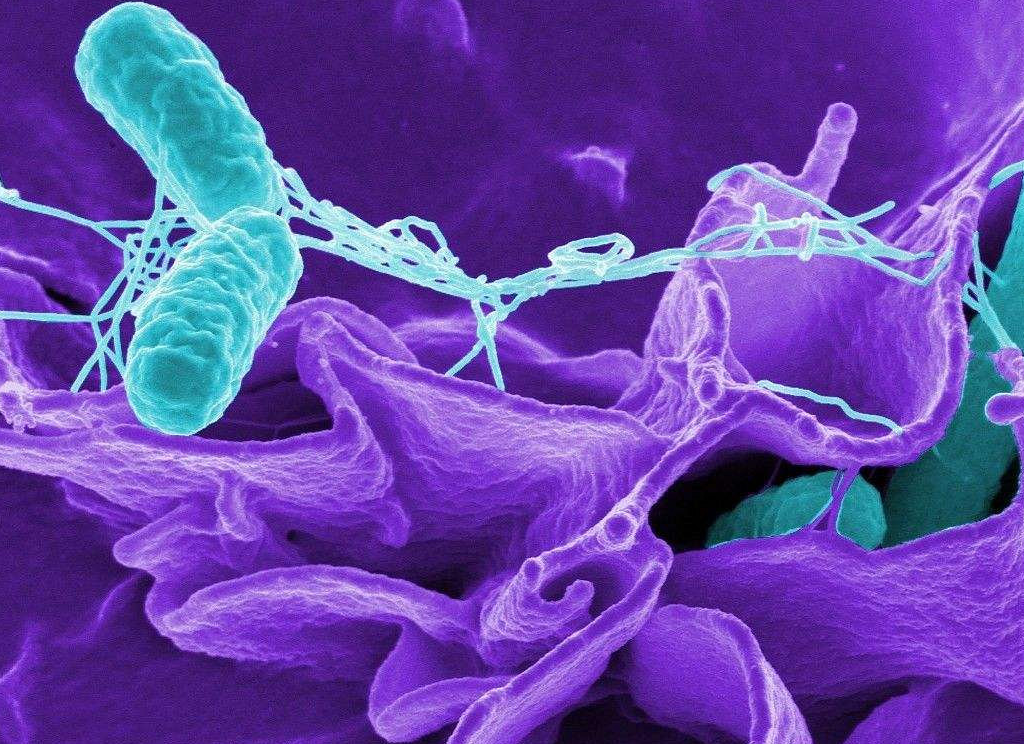The saying goes: “Nine out of ten people have stomach problems”. Once someone has a stomach problem and doesn’t take care of it, their body’s immune system weakens, making them more susceptible to diseases. In modern society, many dietary habits such as skipping breakfast or dinner, irregular eating habits, and overeating have caused great harm to our stomachs. Most stomach diseases are also related to Helicobacter pylori.
Helicobacter pylori is the only bacterium that can survive in the stomach. An increase in its presence may lead to conditions such as stomach mucosal damage, ulcers, gastritis, and bloating, delayed digestion, acid reflux, heartburn, excessive stomach acid secretion due to poor digestion, and the burning sensation caused by food reflux.
There is a saying in traditional Chinese medicine that treating stomach problems is “30% medication and 70% nourishment”. Therefore, scientifically and reasonably nourishing the stomach is very important. Since most stomach problems are related to our diet, we can adjust them through diet. So, how do we nourish our stomach? **Cabbage** is the nemesis of Helicobacter pylori – eating it for a week can reduce inflammation and sterilize, which is more effective than medication!
Yam
Yam is a common food that, apart from being nutritious, can help improve the stomach environment and kill Helicobacter pylori. Yam is also a fibrous food ingredient that can promote intestinal peristalsis and improve constipation.
Honey
Natural honey contains rich nutrients such as glucose, fructose, organic acids, yeast, various vitamins, and trace elements, which can protect stomach ulcer surfaces. Drinking honey water regularly can effectively inhibit Helicobacter pylori. Honey has antimicrobial properties, not only reducing the occurrence of stomach diseases but also effectively preventing constipation.
Cabbage
Cabbage, recommended by the World Health Organization as one of the best vegetables, is also known as a natural “stomach-nourishing vegetable”. Its sweet taste and essential vitamins K1 and U can not only fight gastric ulcers, protect and repair gastric mucosal tissue but also keep stomach cells active and reduce the risk of lesions.
Black Glutinous Rice Tea
Black glutinous rice contains anthocyanins that protect the gastric mucosa. It can also suppress the activity of Helicobacter pylori, sterilize it, neutralize stomach acid, reduce damage to the gastric mucosa, hinder the proliferation of Helicobacter pylori. Studies have shown that regularly drinking black glutinous rice tea can effectively inhibit the activity of Helicobacter pylori, thereby suppressing and killing it. Killing Helicobacter pylori is crucial since most gastritis patients are carriers. Drinking black glutinous rice tea can warm the stomach, reduce inflammation, and protect the gastric mucosa.
Clove Tea
Clove tea, known as a “stomach tonic”, can suppress Helicobacter pylori. Warm in nature, it has excellent stomach-nourishing effects and provides care for stomach pain caused by cold. Wild clove tea, slightly bitter in taste, is beneficial for individuals suffering from stomach coldness and those with poor dietary habits, providing relief from stomach fatigue after meals.
If we test positive for Helicobacter pylori, it is urgent to eradicate this bacterium. Aside from medication, maintaining good lifestyle habits, especially in diet, is essential for stomach regulation and maintenance, leading to the desired therapeutic effects.


